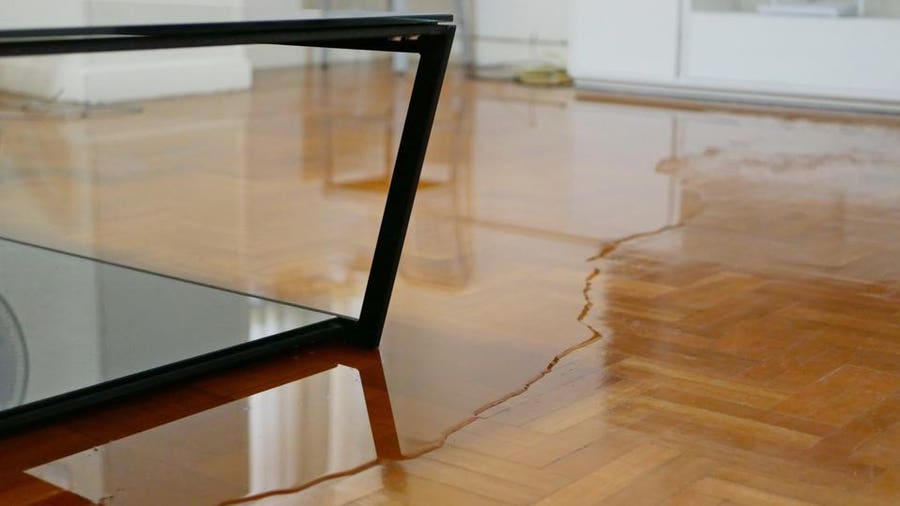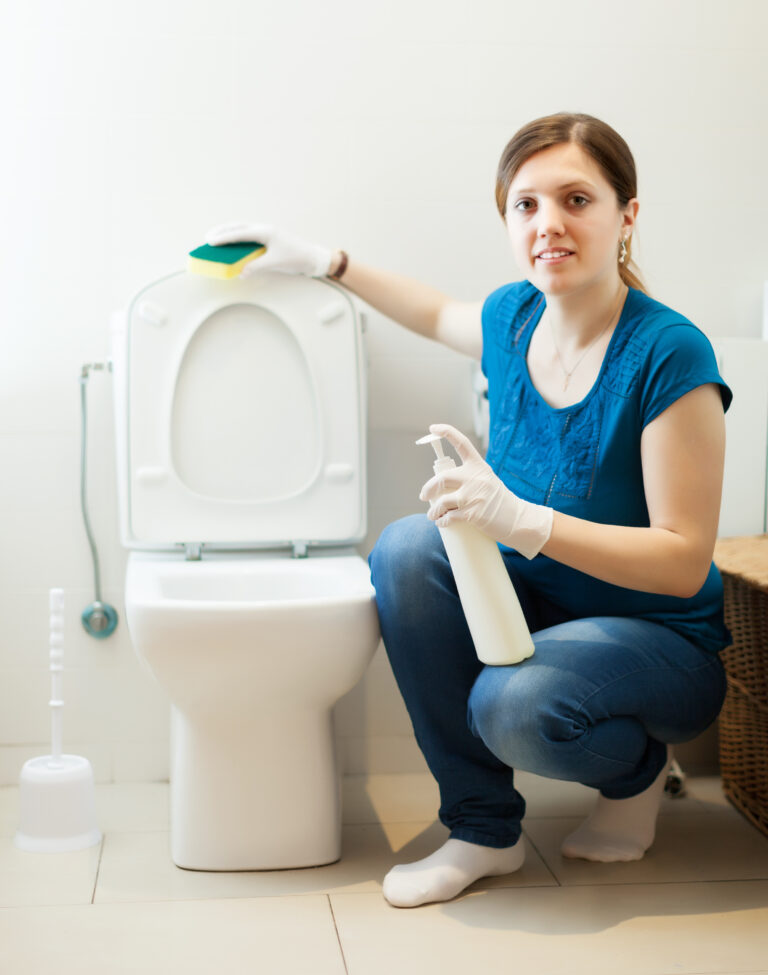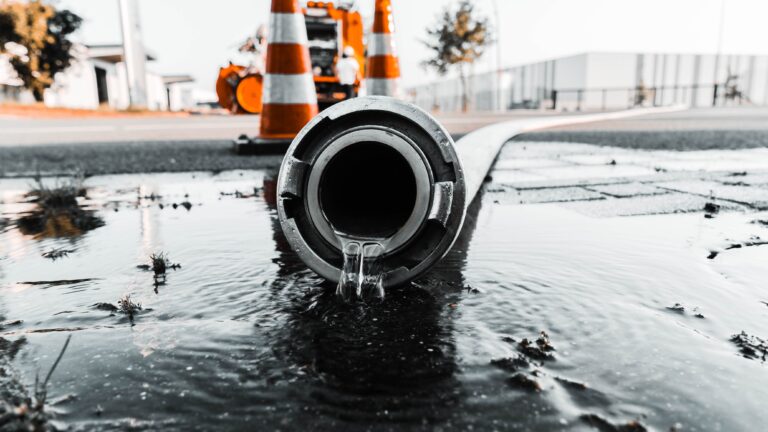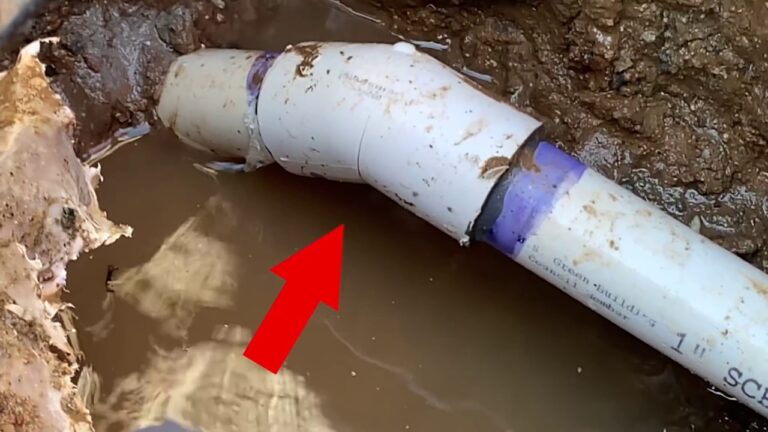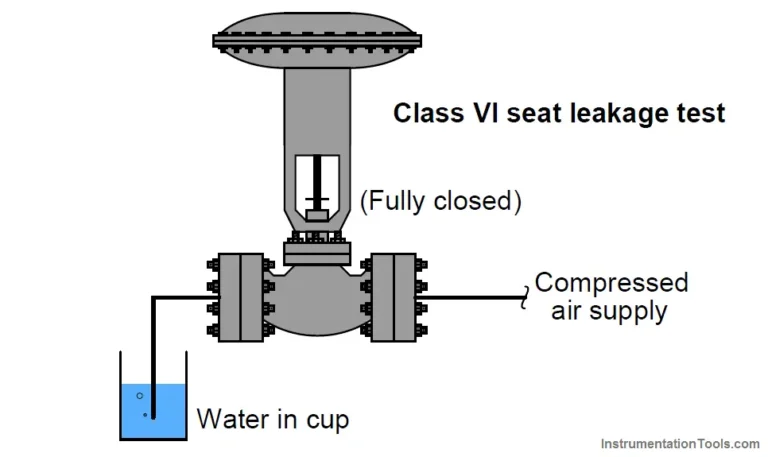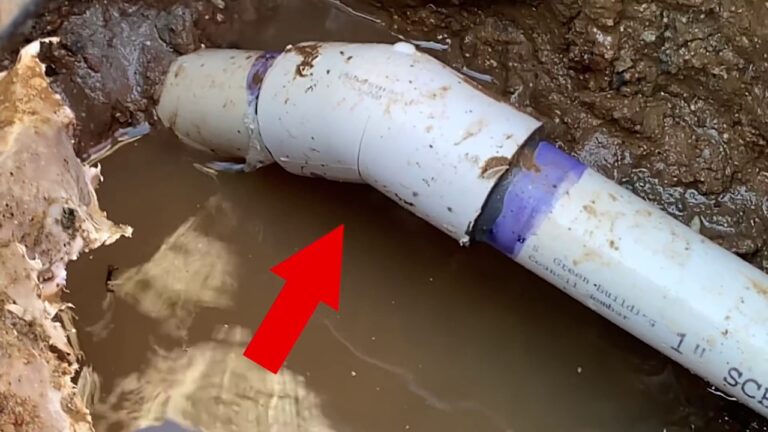Why Is My Floor Leaking?
If you have noticed water leaking from the floor in your home, you are probably wondering why and how to fix the problem. This could be caused by a variety of issues, ranging from plumbing problems to roof damage. Understanding the cause of the leak is essential for finding the right solution. In some cases, a simple repair can be done quickly and easily, while in other cases, more extensive work may be required. No matter the cause, it is important to take the necessary steps to prevent further damage to your home.
What Causes a Leaky Floor?
Having a leaking floor can be a nightmare. But, before you panic, understanding what is causing your floor to leak can help you take the necessary steps to fix the issue.
The most common cause of a leaking floor is when water from the inside of your home is leaking into the floor. This can happen from plumbing leaks, overflowing washing machines, water seeping through the walls, or even from an outside source such as rain or melting snow.
If the issue is coming from the outside, there may be cracks in the foundation of your home, allowing water to seep in. In this case, it’s best to have an expert assess the situation as soon as possible to determine the cause and find a permanent solution.
In most cases, a leaking floor is caused by a plumbing issue. A pipe may be leaking, or the seals around the bath or sink may be broken. In this case, the best solution is to have a professional plumber inspect the area and repair the pipes.
Regardless of the cause, it’s important to identify and fix the source of the leak as soon as possible. If left unaddressed, it can lead to more serious and expensive water damage to your home. That’s why it’s important to contact an expert if you suspect a leak in your floor.
Signs of a Leaky Floor
Leaks in your floor can be tricky to identify, but it’s important to catch them early on before they cause any serious damage. Here are some telltale signs that your floor is leaking:
1. Stains: If you notice any discoloration on your floor, it could be a sign of water damage. Check for soft spots, mold, or spots of water around the area.
2. Odors: Leaky floors can cause a musty odor to build up in your home. This is especially true if you have carpeting or other material that soaks up moisture.
3. Cracks: If you see any cracks in your floor, it’s time to investigate. This could be a sign that water is making its way into the foundation of your home.
4. Warping: If your floor is warping or sinking, it could be due to a leak in the plumbing. Warping is usually an indication that the floor is becoming saturated with water.
It’s important to take action right away if you suspect you have a leaky floor. Ignoring the issue can lead to costly repairs and a drop in the value of your home. So, if you notice any of these signs, contact a professional immediately. They’ll be able to diagnose the problem and recommend the best course of action.
Diagnosing and Troubleshooting a Leaky Floor
A leaking floor can be an unwelcome surprise for any homeowner. It’s not always easy to determine why your floor is leaking or how to fix it, but taking the necessary steps to diagnose and troubleshoot the issue is essential to finding a long-term solution.
First, you’ll want to determine the source of the leak. If you have a basement, check for cracks or gaps in your foundation walls or floor. If you don’t have a basement, look for cracks or gaps around windows or doors. If these areas are not the source of the leak, you’ll need to look elsewhere. Next, check the plumbing or roof for any signs of leakage. If the leak is coming from either of these, you’ll need to have a professional fix the problem.
If neither of these sources is the culprit, then it is likely that the leak is coming from a damaged water pipe or a clogged drain. If this is the case, you’ll need to call a plumber to help you fix the issue.
Once you’ve identified the source of the leak, it’s time to take action. Depending on the severity of the leak, you may be able to repair the issue yourself. If the leak is minor, you may be able to patch it up with a sealant. However, if the leak is more severe, you may need to replace the pipe or drain.
No matter the source of the leak, it’s important to take the necessary steps to diagnose and troubleshoot the issue. Taking the time to do this will help you find a long-term solution and protect your home from further damage.
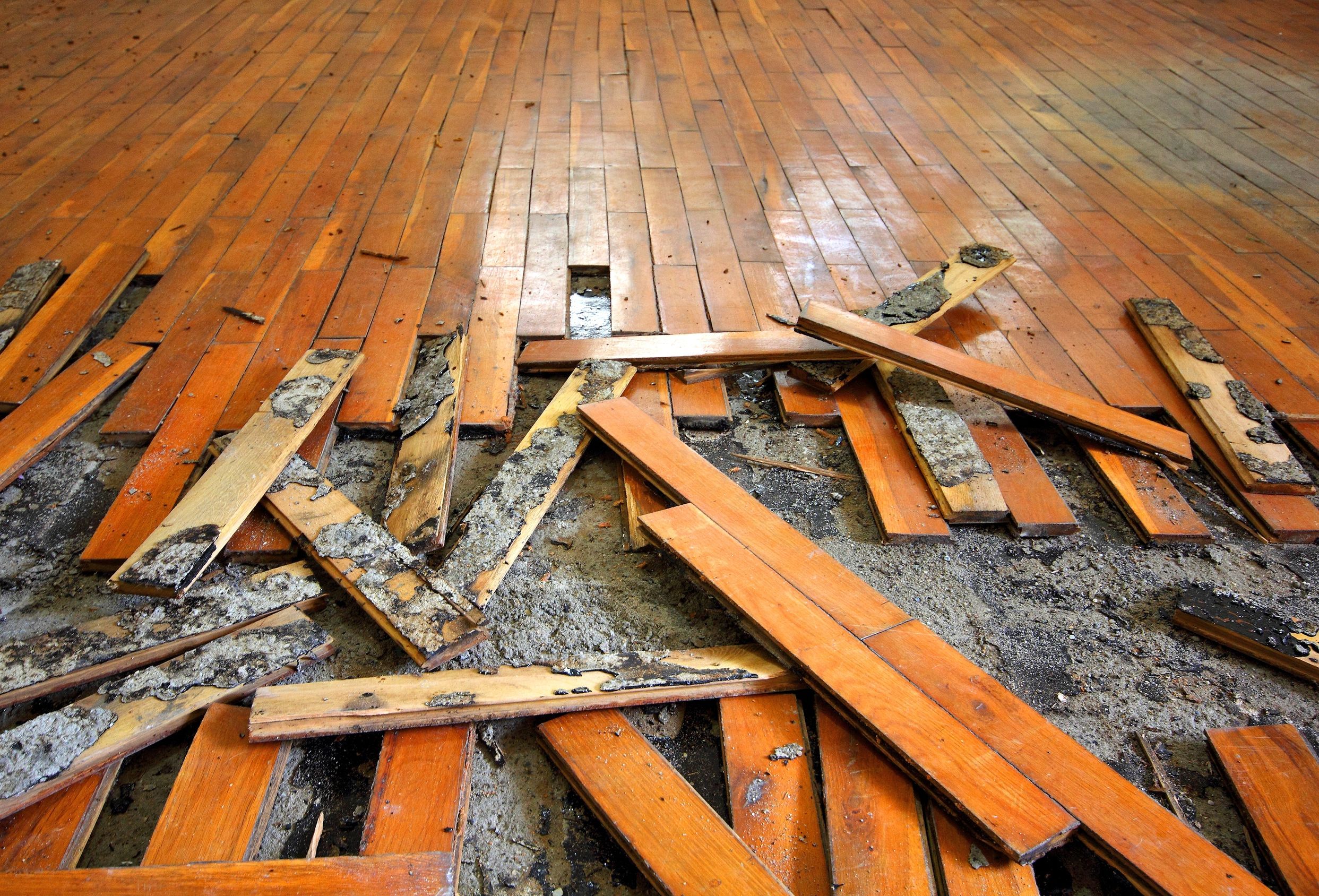
Solutions for Repairing a Leaky Floor
When it comes to home maintenance, leaky floors can quickly become a major headache. Not only can they cause extensive damage to your home, but they can also be difficult and costly to repair. Fortunately, there are some solutions available to address this issue.
First, it is important to identify the source of the leak. This can be done by inspecting the flooring and walls for any signs of moisture or water damage, or by checking for any pipes or plumbing issues. If the source of the leak is a plumbing issue, it is best to contact a professional plumber to assess and repair the problem.
In some cases, the cause of a leaky floor may be due to a crack or hole in the floor. If this is the case, the repair can be done by filling the affected area with a waterproof sealant. If there is extensive damage to the flooring, it may be necessary to replace the affected area with new flooring or a patch.
Finally, it is important to ensure that all of the necessary repairs are completed properly. This includes checking the walls and floors for any remaining moisture or water damage. If the repairs are not done correctly, the leak can return and cause further damage.
Through proper diagnosis and maintenance, it is possible to repair a leaky floor and prevent any further damage. By following these steps, homeowners can rest assured that their floors are safe and secure.
Preventing Future Leaks in Your Floor
Leaks in your floor can be an annoying problem – and, if left unchecked, a costly one. While it’s not always easy to identify the source of a leak, understanding the possible causes and taking preventative steps can help you avoid future issues.
One of the most common causes of floor leaks is plumbing fixtures that have been improperly installed. If your home’s water pipes are not installed correctly, it could lead to leaks, which can cause water to seep through your floor and create moisture problems. To avoid this, make sure that all of your plumbing fixtures are installed correctly and that any potential leak paths are sealed.
Another cause of floor leaks is inadequate drainage. If the area around your home is not properly graded, it can create a situation where surface water can pool around the foundation and eventually find its way into your floor. To prevent this, make sure that the area around your home is graded to ensure proper drainage. Additionally, it’s important to ensure that your gutters and downspouts are in good condition, as these are key components for aiding drainage.
Finally, it’s important to check for any cracks in your floor or foundation. These can be difficult to spot, so you may want to hire a professional to inspect for any potential issues. If any cracks are found, they must be properly sealed to prevent any leaks from occurring.
By following these tips, you can help prevent any future problems with leaks in your floor. While it’s not always easy to identify the source of the problem, taking preventive steps can help you avoid costly repairs and other water damage.
Safety Considerations for Leaky Floors
Leaks in your floor can be more than a nuisance; they may indicate a significant structural issue that can jeopardize the integrity of your home. If you notice a leak in your flooring, it is important to act quickly to identify the source and take measures to protect yourself and your home. Before you begin any work on your flooring, it is important to consider the potential safety hazards and take proper precautions.
When inspecting a leaky floor, it is essential to ensure you are safe. Wear appropriate protective gear such as gloves, safety glasses, and boots to protect yourself from potential exposure to hazardous materials. If the leak appears to have been caused by a plumbing issue, you may need to turn off the water supply and ensure any electrical appliances in the area have been turned off to avoid potential shock hazards.
Once you have taken the necessary precautions, you can begin to address the leak. If you can locate the source of the leak, you may be able to fix it yourself with the right tools and materials. Alternatively, you may need to enlist the help of a professional to help you identify and address the issue.
No matter what the cause of the leak, it is important to take the necessary safety precautions and take action to address the issue as soon as possible. With the right knowledge and safety measures, you can protect your home and family from potential hazards posed by leaking floors.
FAQs About the Why Is My Floor Leaking?
FAQ 1: What are the most common causes of a leaking floor?
Answer: Common causes of a leaking floor include water damage from an appliance, a plumbing leak, a faulty pipe, or a roof leak.
FAQ 2: How can I tell if my floor is leaking?
Answer: If your floor is leaking, you may notice water spots on the floor, a musty smell, or bubbling or warping of the floorboards.
FAQ 3: What should I do if my floor is leaking?
Answer: If your floor is leaking, it is important to identify the source of the leak and address it as soon as possible. Depending on the cause, you may need to contact a plumber, a roofer, or a water damage restoration company.
Conclusion
It is important to identify the cause of a leaking floor as soon as possible. If the cause is a plumbing issue, it is best to contact a plumber to assess the issue and determine the best course of action. If the cause is a structural issue, it is important to contact a professional to evaluate and repair the problem. In any case, it is important to identify and address the issue promptly to prevent further damage to the floor and the rest of the home.

